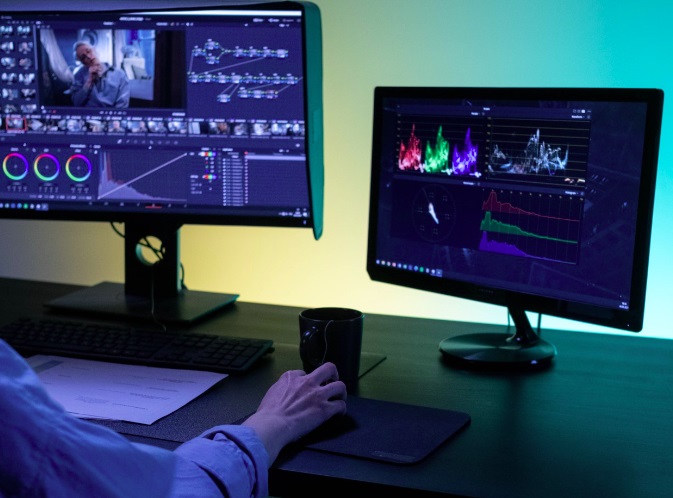How to Speed Up Your Windows Computer With 10 Effective Tips?
All this, of course, brings pleasure to users, but in particular cases, the computer starts to slow down, freeze and load slowly.

Change Power Settings
As a rule, most users do not pay attention to what power mode (Balanced, Power Saver, and High Performance) is set for the computer. But the performance of the system directly depends on the correct setting of these parameters. This is especially true for laptops.
High-performance mode allows the device to operate at its maximum capacity, but it consumes battery power very quickly. Nowadays a lot of online casino games load your computer extensively. Since online poker became popular a lot of users started playing this game, and as soon as you open it, you will quickly notice that your laptop is heating. Because of that, it is a good idea to turn your computer to Power Saver mode. It allows you to extend the battery life of your laptop, althoughreduces the computer's performance.
Disable Startup
Startups are those applications that automatically start every time Windows starts. Among them are operating system utilities that ensure reliable uninterrupted operation of the computer (antivirus, sound, and video card drivers, system utilities). But, as a rule, 90 percent of the startup list are those programs that we use very rarely or do not use at all.
Everything that we do not need within 10 minutes after turning on the computer can be safely removed from startup. We will be able to launch the program that we need at any time.
Disable Background Apps
We have already covered how to disable the startup of unnecessary applications. But not all apps that start automatically appear in the startup list. There are a lot of such applications, and they are constantly running in the background, even if we do not use them.
When the Internet is connected, these applications can be periodically updated, download and transfer data, display notifications, and restart. All these actions affect the performance of the computer - the battery of the laptop is consumed, Internet traffic is consumed, and the system performance slows down.
Delete Temporary Files
While working in Windows, many different temporary files accumulate. These can be Internet or application as well as system files. The operating system automatically creates such files as intermediate files when certain actions are performed. Some of them are deleted, but most of the temporary files remain in the computer's memory.
Many users do not even suspect how much hard disk space can be freed up by periodically deleting temporary files. Therefore it is a good idea to get rid of them as soon as possible.
Disable Visual Effects
Undoubtedly, the Windows GUI is considered one of the most beautiful and stylish among operating systems. Pretty shortcuts, a shadow under the mouse pointer, smooth scrolling of lists, animation of windows when minimizing - this is far from a complete list of visual effects created to improve the appearance of the operating system. Yes, they are all pleasing to the eye, but they can also slow down your computer.
Fortunately, we can customize the appearance of Windows ourselves by disabling any of the graphical effects.
Disable Windows Animation
Animation allows you to smoothly minimize and maximize windows in Windows. Visually it looks very nice, but it slightly reduces the performance of the OS. Disabling animation will allow you to slightly offload system resources.
Disable Hints and Tips
Windows quite often gives tips and hints on using the operating system, which is not always appropriate, and sometimes even begins to annoy. At the same time, they also load the system. For those users who do not need tooltips, there is an option to turn them off.
Change Privacy Settings
It's no secret that any operating system, including Windows, collects, and sends data about the actions taken by users: what applications we use, what we search on the Internet, data about our location, and much more. This was done for the purposes of diagnostics, system improvement, as well as adaptation to a specific user.
But due to the fact that the process of collecting information is carried out constantly, the computer is loaded. Disabling some privacy settings will help speed up your device.
Check the Integrity of System Files
Errors and crashes in the system are often associated with corrupted or deleted system files. Windows has a useful SFC (System File Checker) utility that allows you to check all system files for integrity and, if possible, eliminate the errors found.